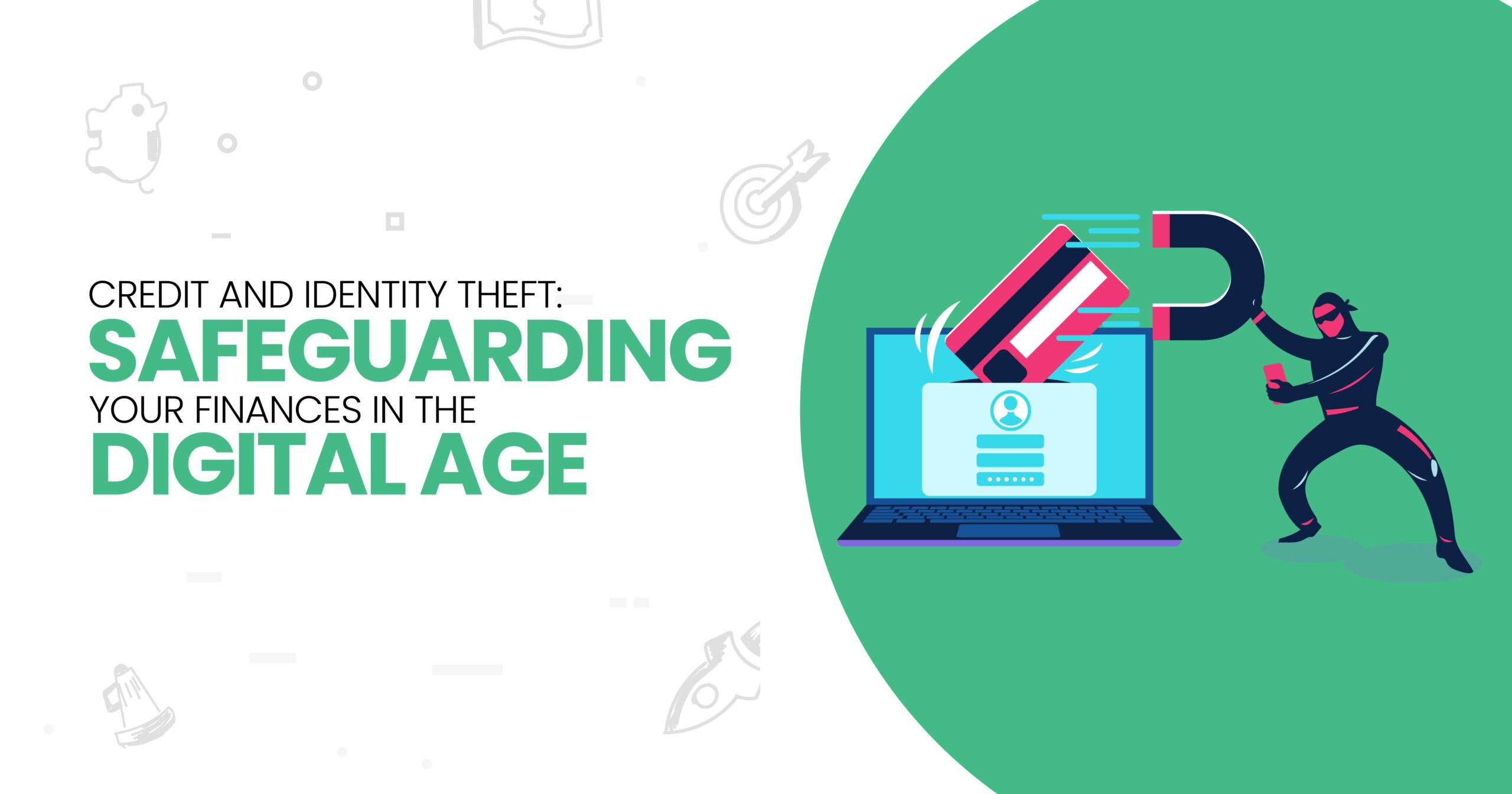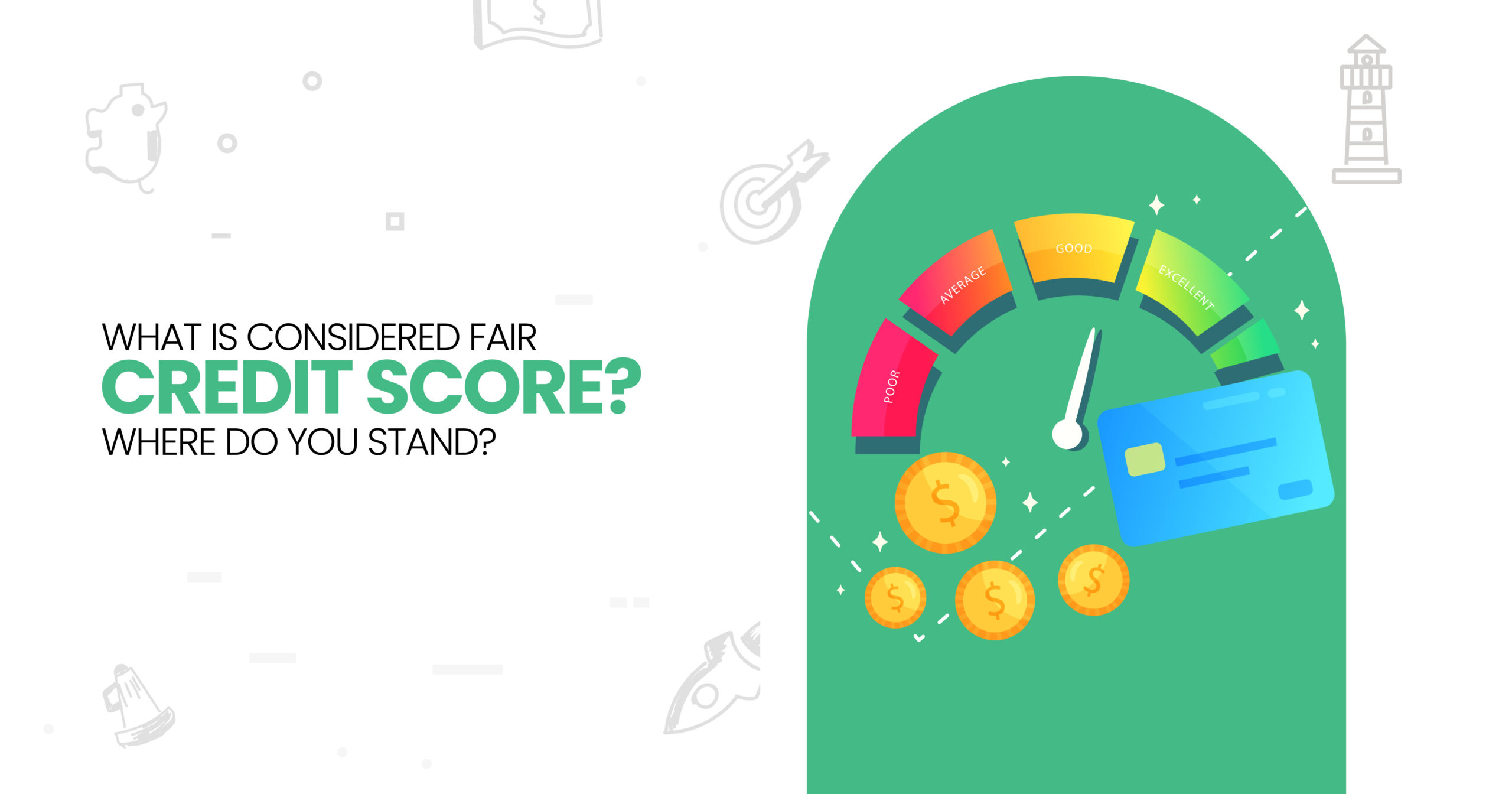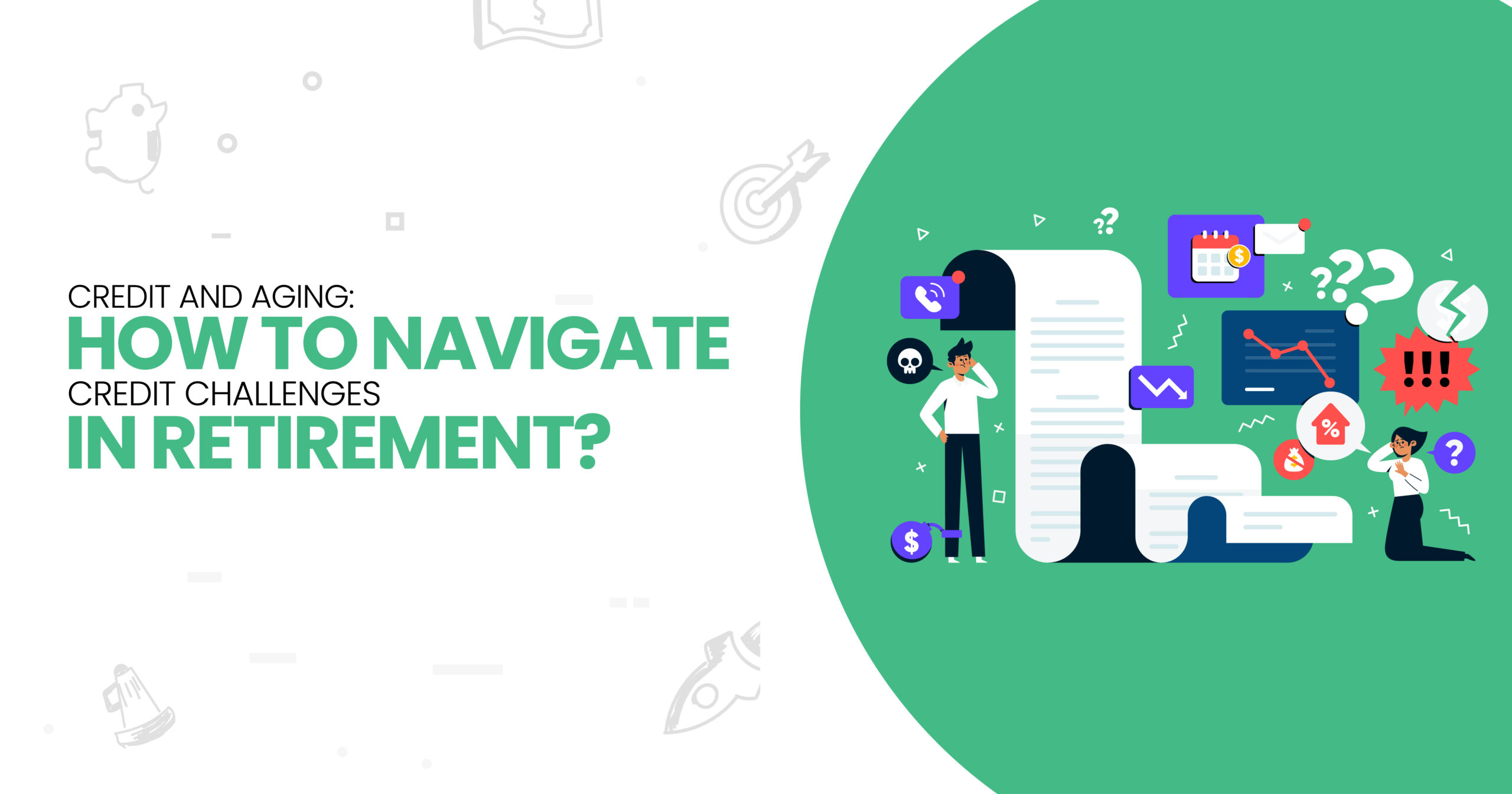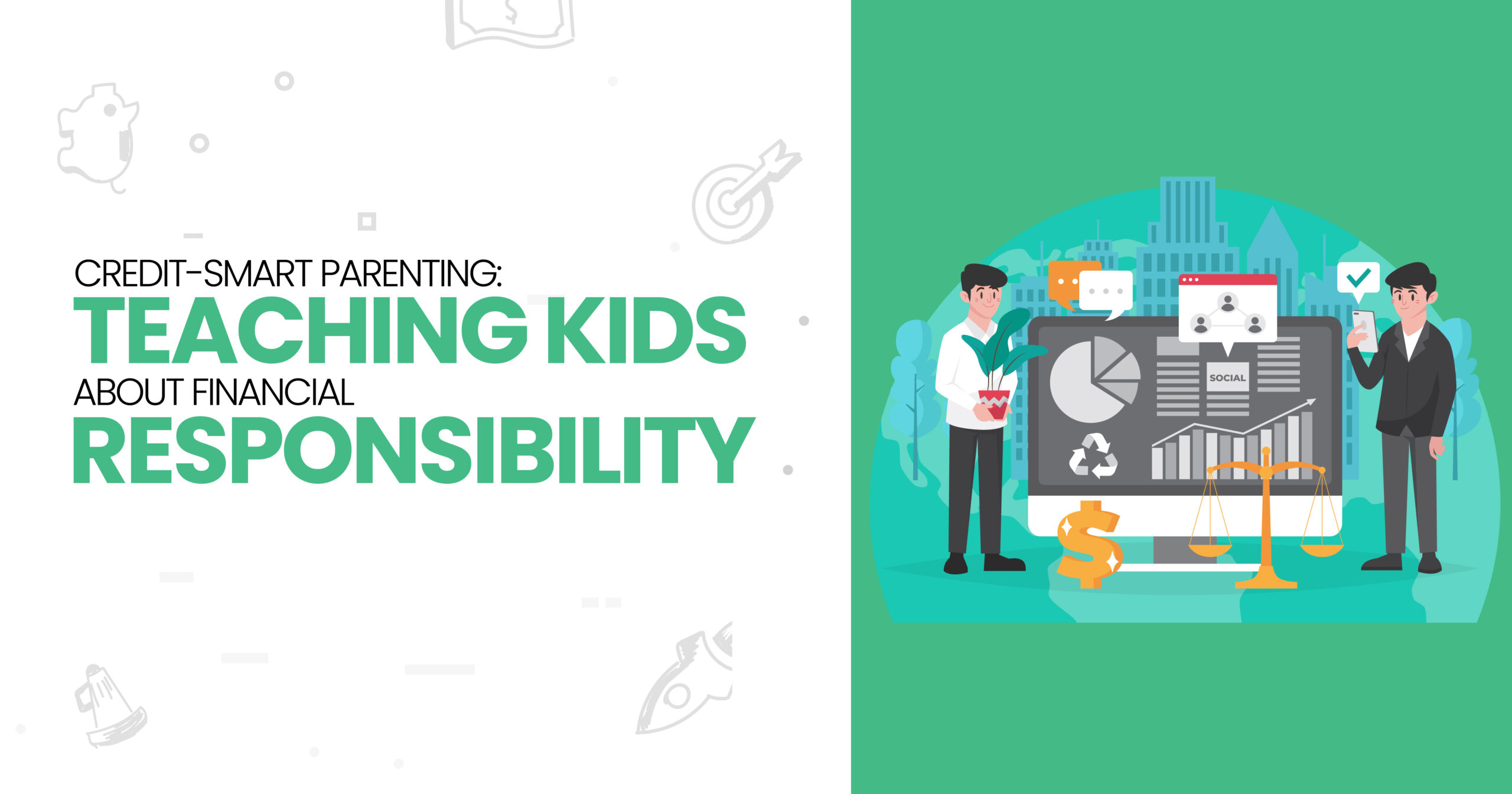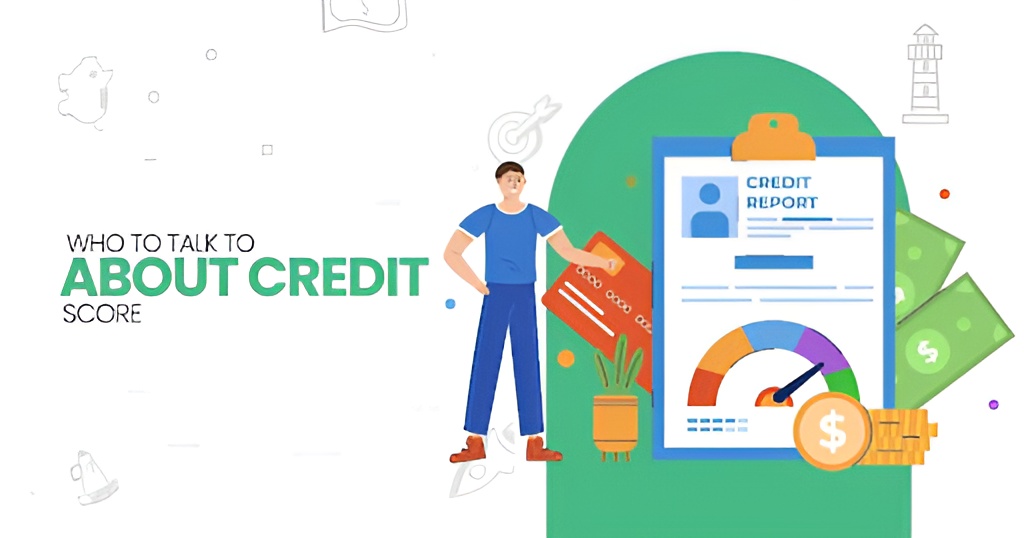Need help? Get in touch!
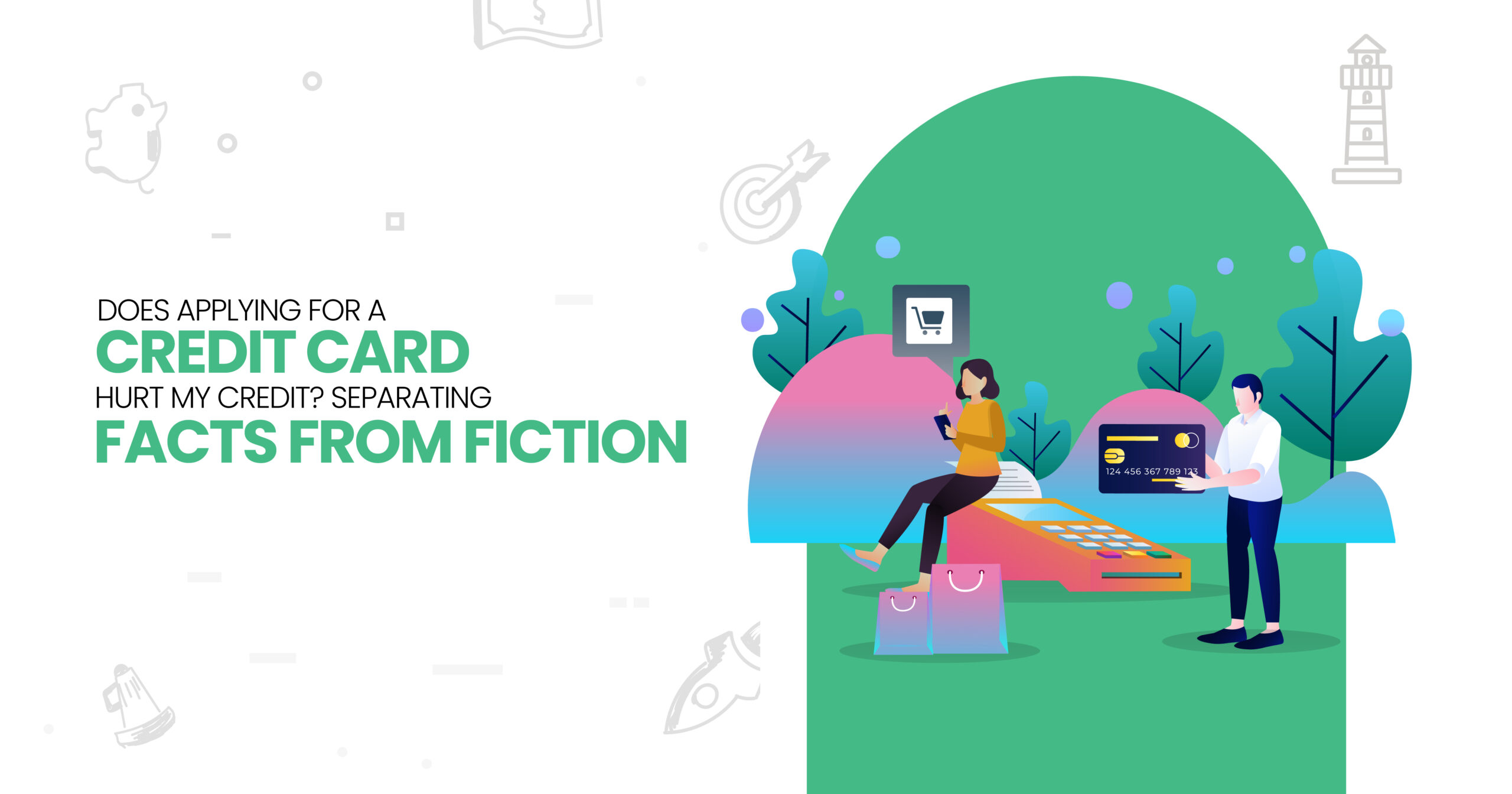
Does Applying for a Credit Card Hurt My Credit? Separating Facts from Fiction
Credit card rewards and benefits can be very tempting, offering the chance to earn lots of value each year if used smartly. However, many people fear using credit cards because they worry it might hurt their credit scores. While it’s true that not handling credit cards correctly can damage your credit, using them the right way can provide lots of advantages.
One common worry is that opening a new credit card will lower your credit score. This does happen, but the drop is small and temporary. Over time, if you manage your card well, your credit score can improve. So, does applying for a credit card hurt my credit? If you want to know, let’s learn about the nitty-gritty of it.
Understanding Credit Scores
Lenders look at your credit score when you apply for a mortgage, credit card, or different line of credit score. But what exactly are credit rankings, and how do they paintings?
Simply put, a credit rating represents your creditworthiness – or how you can repay your debt. The most common credit score in the United States is a FICO score from 300 to 850. The better your rating, the less hazardous creditors perceive you to be.
Key factors that affect your credit score: payment history (including late or missed payments), loan amount, length of credit history, credit mix, and new loan applications usually carry the most weight (score). To keep up, all payments must be made on time each month.
It’s a good idea to check your credit report annually from each of the three major credit bureaus – Experian, Equifax, and TransUnion. Look for mistakes that drag your score down the wrong way. You can dispute these with the offices.
Long-Term Effects of Opening a New Credit Card
Does applying for a credit card hurt my credit, and what will be the long-term repercussions for me? Let’s answer this question in this section. Opening a new credit card is an essential financial decision that affects your financial health forever.
A slight decline is expected at first: Do hard credit checks from credit card applications damage my credit rating? The logic is that when you’re applying for a new credit card, a credit inquiry from a lender with a strong credit report can temporarily cause your credit score to go down a bit.
Credit utilization ratio: The most critical factor in your credit score is your credit utilization rate, which measures your credit limit used each time. A new credit card increases your overall available credit, which can affect your credit score. Use it properly whether you hold or reduce your total balance. However, the temptation to spend more when debt increases can increase the balance and negatively affect your score if not managed wisely.
Diversification of loan mix: The types of debt you hold—from credit cards and personal loans to mortgages and car loans—make up your credit mix. Opening new credit cards contributes to this mix, positively affecting your credit score. Credit rating models appeal to customers who can manage debts responsibly.
The possibility of higher rewards: Over the long term, a well-chosen credit card can offer great returns through rewards, cash back, and other benefits. These benefits can save you a lot of money and earn you a lot if the card matches your spending and you pay off your balance in full each month to avoid interest charges.
Effect of age of accounts: It’s essential to consider that when you open a new credit card, the average age of your credit accounts decreases, affecting your credit score. Over time, as the account matures and good credit habits are maintained, the impact will be positive.
The promise of fiscal discipline: The most important long-term impact of opening a new credit card is the test it puts on your financial discipline. Your ability to manage debt wisely, make timely payments, and not accumulate high-interest debt says a lot about your financial health and organization.
Applying for a credit card presents challenges for your credit as it does opportunities. The long-term outcome depends mainly on how you handle your new loan. By spending wisely, making regular payments, and using the card’s benefits responsibly, you can boost your credit score, enjoy a financial feast, and strengthen your financial foundation.
How to Minimize the Negative Impact?
With a new credit card, you have plenty of exciting possibilities ahead of you, but a bit of caution about the impact on your credit score. Let’s talk about how you can minimize any side effects:
Understand the mechanics of credit scores: If you still have a question, “Does applying for a credit card hurt my credit?” it’s important to understand that the main driver behind a potentially low score is the hard inquiry conducted by lenders. When you apply for a new credit card, this hard inquiry can temporarily reduce your score. Knowledge is power here; Understanding that this impact is minor and temporary can help you plan your loan application smarter.
Time to fill out your applications: If you’re looking at a considerable expense shortly, like a house or a car, it’s probably wise to hold off on applying for a new credit card because any drop in your credit score could affect your credit rating, and you’re sure to have made money at its peak can save you a lot in the long run.
Set aside your loan applications: Applying for multiple credit cards quickly can signal to lenders that you’re eager to borrow, which can be a red flag. Differentiate your applications to minimize this perception and its impact on your score. As a rule, waiting at least six months between credit card applications can help reduce any adverse score effects.
The value of pre-approval proposals: Many credit card issuers offer pre-approval tests for eligibility that don’t involve a rigorous check on your credit report. These tools can let you know how likely it is to get approved without affecting your score, allowing you to work more confidently and with less risk.
Maintain a minimum use of credit: The amount of credit you use and how much you have plays an essential role in your credit score. Keeping your credit utilization ratio low (preferably less than 30%) can prevent any negative impact from another credit card application. If approved, it can strengthen your credit profile so you can handle your new loan responsibly by paying the balance in full and on time.
Monitor your credit score. Keeping a close eye on your credit report and score can help you understand how your financial behavior affects your credit over time. Service monitors can also alert you to errors or fraud that could unfairly damage your score, allowing you to address these issues immediately.
Myths vs. Facts
In personal finance, myths circulate as freely as facts, blurring the line between what is real and merely an economic myth. It is necessary to dispel these myths. Let’s understand some common myths and facts and shed light on truths that can guide us to better financial decisions.
Myth: Credit card balances increase your credit score
Fact: This is a common misconception. Carrying a balance each month just means you’ll be paying interest without having a positive impact on your credit score. What helps your score is that you use the card and pay off the balance in full each month, which shows you’re using credit responsibly.
Myth: Checking your credit report wipes your credit score
Fact: Completely false. Checking your credit report is considered a “soft inquiry” and does not affect your score. This myth discourages many people from checking their credit regularly, which is necessary to catch early mistakes or signs of fraud.
Myth: You only have one credit score
Fact: You have multiple credit scores. Credit bureaus and scoring models calculate scores differently, and lenders use specific ones depending on the type of loan you’re applying for. That’s why your score may vary from report to report.
Myth: Your salary affects your credit score
Fact: Your income doesn’t directly affect your credit score. However, lenders may consider your income and credit score to assess your credit-income ratio, determining your ability to repay. But just in terms of scoring, whether you make six figures or just start, it doesn’t directly shake up your credit score.
Myth: Closing an old credit card will continually improve your credit score
Fact: Sometimes, closing an old credit card can hurt your score. This is because it can reduce your overall credit and increase your credit utilization. Opening old accounts, helping to maintain a long credit history, and demonstrating responsible long-term credit management can help your credit rating.
Conclusion
In wrapping up our journey through the nuances of applying for a new credit card without unduly affecting your credit score, it’s clear that the key lies in strategic planning and responsible management. While the initial application may cause a temporary dip due to a hard inquiry, understanding and navigating this process can minimize any negative impact. By timing your programs cautiously, spacing them out, leveraging pre-approval gives, retaining low credit score utilization, and keeping a vigilant eye on your credit, you may ensure that your monetary voyage is profitable and beneficial for your credit health in the long run.
related post
- Located in Pembroke Pines, FL
- FICO is a registered trademark of Fair Isaac Corporation in the United States and other countries. Pines Credit Pros does not offer legal advice and is not a substitute for legal services. Pines Credit Pros does not guarantee the permanent removal of verifiable tradelines or make promise(s) of any particular outcome whatsoever. Pines Credit Pros requires active participation from its clientele regarding requested documents and information, including investigation results, for the sought-after outcome of a healthy, accurate credit report. Individual results may vary.


